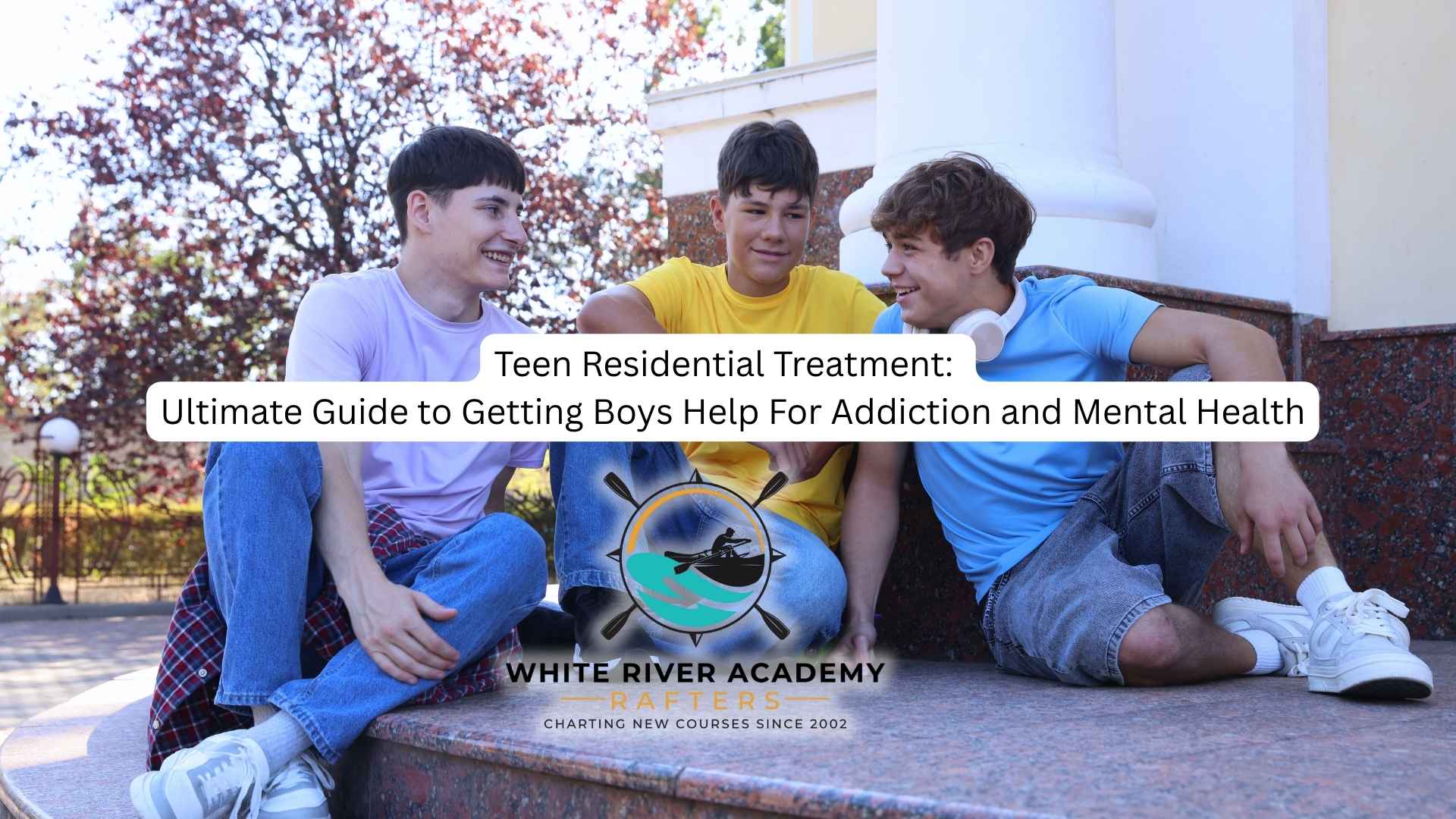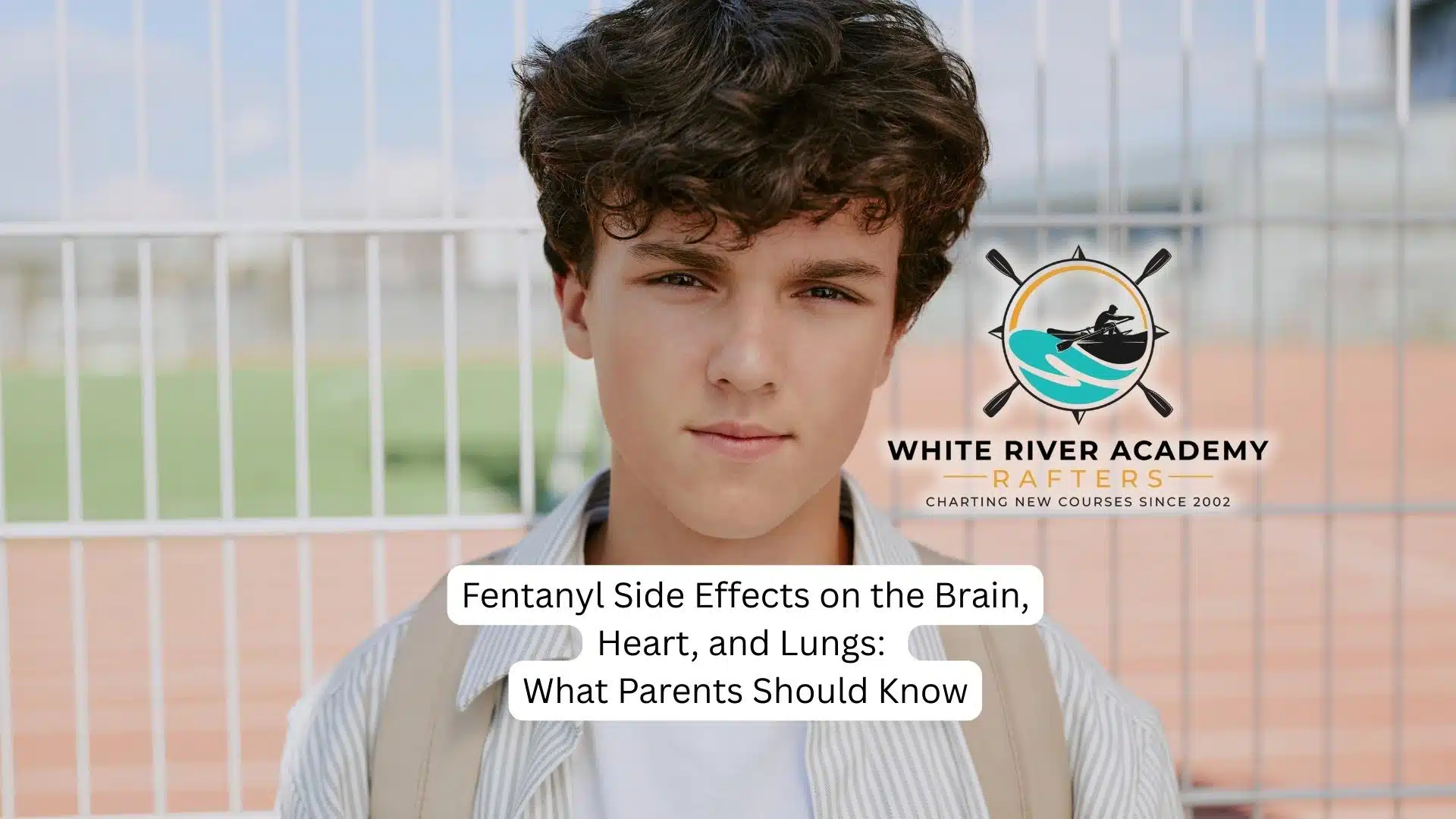As teenagers navigate the intricate landscape of sexuality and relationships, some may develop problematic sexual behaviors that can turn into addiction. In today’s digital age, where explicit content is readily available and online interactions are prevalent, adolescents face unique challenges in cultivating a healthy relationship with their sexuality.
This guide aims to equip parents with crucial information to identify, comprehend, and tackle sexual addiction in their teenage children.
Recognizing the Signs and Symptoms of Sexual Addiction
Excessive pornography consumption, often amounting to several hours daily, is a significant indicator that your teen is struggling with compulsive sexual behavior.
Secretive internet usage, such as hiding browser histories, may also signal a problem. Emotional symptoms, including irritability, anxiety, and depression, can accompany sexual addiction, affecting your child’s overall mental health.
Academic performance may suffer, with declining grades and disruptive behavior. A loss of interest in previously enjoyed activities and hobbies is another red flag.
For parents concerned about their son’s sexual behavior issues, opting for a sex addiction rehab that offers a specialized environment designed to address these complex problems is a productive way to help your son overcome problematic behaviors.
Exploring the Underlying Causes of Sexual Addiction
Hormonal changes during adolescence can increase libido, while genetic predispositions like impulsivity may heighten vulnerability to addiction.
Mental health disorders, such as anxiety and depression, are commonly associated with increased risk for compulsive masturbation and other problematic sexual behaviors.
Early exposure to sexual content through abuse or media can significantly influence the likelihood of developing an addiction.
Social factors, including peer pressure, also play a critical role in shaping a teenager’s relationship with sexuality.
Consequences of Teen Sexual Addiction
When teens engage in compulsive sexual behaviors, they risk experiencing significant disruptions in their daily routines, including declining grades and strained relationships with family and friends.
Sexual addiction in teenagers often leads to emotional distress, such as anxiety and depression, which can further exacerbate their addictive behaviors and negatively affect their mental health.
Engaging in risky teen sex increases the likelihood of unwanted pregnancies and sexually transmitted diseases.
On top of that, the unrealistic expectations about relationships and sexuality fostered by sexual addiction can result in low self-esteem and difficulties with intimacy that persist into adulthood, compounding the negative consequences of this addiction.

Approaching You Teen
Talking to your teenager about their sex addiction demands a delicate touch, honest discussion, and a judgment-free mindset.
Begin by establishing a secure and confidential space for the conversation. Voice your worries in a composed and caring manner, concentrating on particular actions you’ve observed rather than leveling allegations.
Refrain from using terms like “addict,” which may heighten feelings of guilt. Instead, center the dialogue around health, well-being, and your willingness to assist them.
Pay attention attentively to your teen’s outlook and emotions without disrupting or becoming defensive.
Recognize that sexual exploration is typical for adolescents, but clarify how certain behaviors can turn problematic. Provide resources and professional assistance, stressing that treatment is about developing healthy coping mechanisms rather than punishment.
Supporting Your Teen Through Treatment and Recovery
Your support and guidance can help your teen overcome the challenges they face.
Participate in family therapy sessions to strengthen bonds and improve communication. Provide compassionate care while setting clear boundaries regarding internet and device usage.
Encourage your teen to engage in healthy activities and hobbies as constructive distractions. Keep in mind that your emotional support is crucial, but avoid enabling addictive behaviors.
Instead, foster accountability and promote their recovery journey. By working together and seeking professional help, you can help your teen build a healthier relationship with their sexuality and develop the skills necessary to maintain long-term recovery.
Final Thoughts from White River Academy
If you’re worried about your son’s conduct and think he might be battling a sexual addiction, White River Academy in Utah provides a specialized therapeutic boarding school environment created to tackle these complicated matters. Our program offers a structured and encouraging setting where boys can get personalized therapy, academic assistance, and cultivate the abilities they require to conquer addiction and construct a more promising future.




